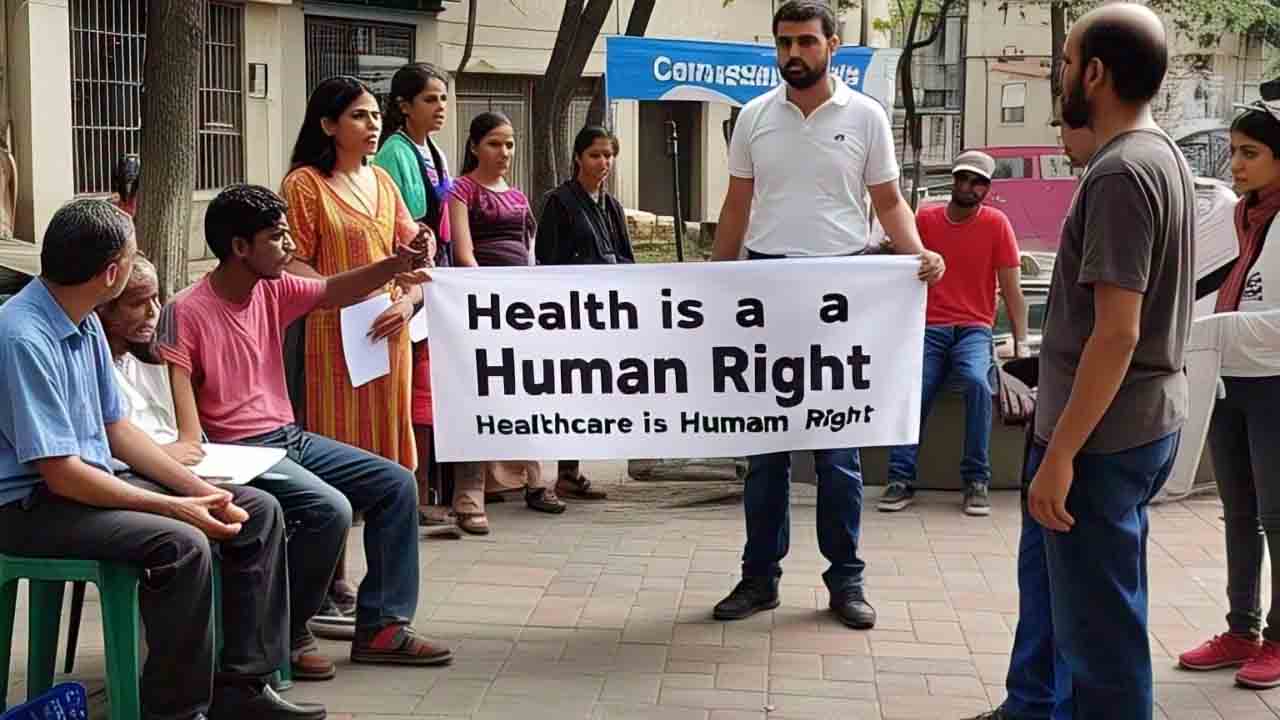
Resilienceapac – Power to the People rang loud and clear at the Asia-Pacific Forum on Sustainable Development (APFSD) 2025 held in Bangkok, as civil society organizations came together to advocate for a more inclusive, fair, and people-centered healthcare system. In a region marked by stark inequalities in health access. This unified movement is calling for urgent reforms to ensure no one is left behind.
As healthcare systems in many Asia-Pacific countries struggle with underfunding, fragmentation, and inaccessibility. Community voices are rising with one clear message: Power to the People means putting communities at the heart of health policy decisions.
One of the key demands voiced by civil society at the forum was the need for equitable health financing. In many low- and middle-income countries across Asia-Pacific. Healthcare remains a luxury rather than a basic right, with out-of-pocket expenses pushing millions into poverty each year.
Activists and advocates stressed that governments must prioritize universal health coverage (UHC) in their national budgets. This includes reallocating public funds toward preventive care, primary health services, and subsidies for vulnerable populations. A fair financial model, they argue, is the foundation of a resilient and inclusive health system.
“Scandal and Slapstick: Upstart Crow’s Hilarious Take”
Beyond funding, the push for universal access to basic health services remains at the core of civil society’s demands. In addition, remote communities, ethnic minorities, and marginalized groups continue to face significant barriers that prevent them from receiving even the most basic medical attention.
Participants at APFSD 2025 underscored that health is not a privilege for the few but a fundamental human right. Policymakers must address systemic inequalities and design policies with inclusivity in mind. Governments should guarantee access to essential services such as maternal care, vaccinations, and mental health support for all.
Power to the People also means genuine community participation in shaping health policies. Civil society organizations urged governments to move beyond tokenistic. Governments must engage with communities and adopt participatory governance models that actively involve local voices in decision-making processes.
This approach ensures that health systems reflect the real needs and lived experiences of the people they are meant to serve. It also fosters trust, accountability, and sustainability in health reform efforts.
At APFSD 2025, the message was unmistakable: Power to the People is not just a slogan; it is a call to action. As the world continues working toward the Sustainable Development Goals, civil society is, therefore, ready to lead the charge for universal, equitable, and people-powered healthcare.
“Trump Tariffs Could Trigger a Setback in Global Trade”
Resilienceapac - The Japan Robotic Revolution is taking center stage as the country faces an escalating labor shortage driven by…
Resilienceapac - Empowering Women through resilient infrastructure is taking center stage in Asia-Pacific’s development agenda, as highlighted during a recent…
Resilienceapac - Transition Credits are emerging as a vital instrument to support Asia’s clean energy transition. In the very first…
Resilienceapac - Driving Clinical Innovation is at the forefront of Asia-Pacific’s rise as a global hub for clinical trials, powered…
Resilienceapac - Australia Opens Doors to citizens of Tuvalu through a groundbreaking new initiative aimed at addressing one of the…
Resilienceapac - Asia-Pacific Startups are demonstrating remarkable resilience in the face of mounting global uncertainty, according to a recent report…